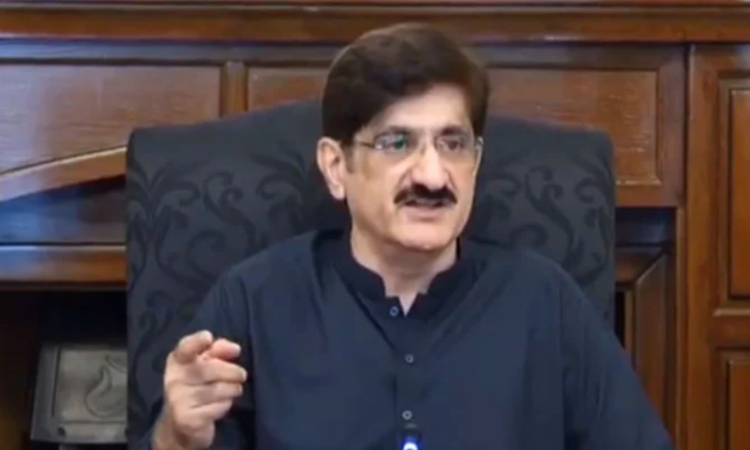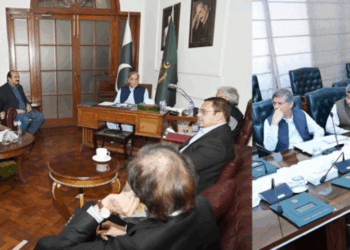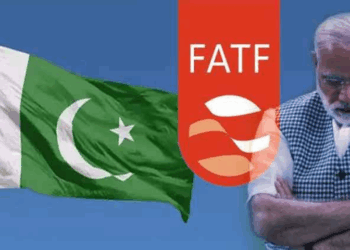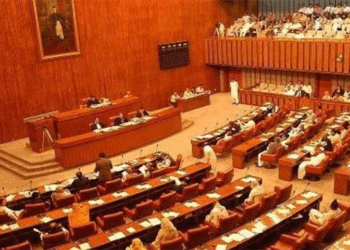Karachi, March 29, 2025: Sindh Chief Minister Murad Ali Shah has warned that the Pakistan Peoples Party (PPP) is fully prepared to halt the Cholistan Canal project if required, emphasizing that the party possesses both the strength and authority to protect Sindh’s water rights.
“We are ready to go to any lengths to safeguard Sindh’s rights, which I see as the rights of all Pakistanis,” CM Murad stated while addressing journalists at Chief Minister House on Saturday.
He noted that the voice of Sindh’s people has been heard, leading to the Punjab government’s failure to utilize the allocated Rs45 billion for the project’s construction.
Murad Shah dismissed opposition demands for PPP to withdraw support from the federal government, stating that the party will not be dictated by external pressures. He added that at Sindh’s request, work on the Cholistan Canal has yet to begin, and a small-scale model has only been developed for potential investors.
“Typically, canal projects start upstream, but when my team visited the site in February, no work was underway. I instructed them to inspect a canal near the Indian border, and they found no activity there either,” he revealed.
Highlighting Pakistan’s worsening water scarcity, CM Murad questioned the feasibility of new canals when existing reservoirs remain underfilled.
“From 1999 to 2024, Tarbela Dam reached full capacity for only 17 days in 25 years, while Mangla Dam filled for just four days. If we cannot even fill our dams, how can we sustain additional canals?”
He also pointed out that the initial project cost was Rs218 billion, which has now increased to Rs225 billion. The original plan included a $3 billion dam in Chiniot, but no progress has been made. The Punjab government had pledged to spend Rs45 billion in the first year, yet not a single rupee has been utilized.
Murad Shah warned that the Cholistan Canal project is a threat not only to Sindh but to the entire country, noting that Sindh, Balochistan, and Khyber Pakhtunkhwa have already rejected it.
Providing historical context, he stated that the British government had dismissed a similar canal proposal in 1919, recognizing its long-term risks.
He also criticized the caretaker Punjab government for seeking a No Objection Certificate (NOC) from the Indus River System Authority (IRSA), arguing that claims of sufficient water flow are misleading.
“Water flow at Kotri has steadily declined from 1976 to 1999, and by 2023, it has worsened further. How can Punjab justify additional water allocation when Sindh’s resources are already strained?”
Murad rejected claims that President Asif Ali Zardari had approved the project, clarifying that such decisions fall under government institutions and require provincial consensus.
The Sindh Assembly has already passed a resolution against the project, with both PPP and opposition parties standing united in their opposition.
The chief minister urged Prime Minister Shehbaz Sharif to reject the project unless proper consultation is conducted. He emphasized that the final decision rests with the federal government and the Council of Common Interests (CCI), which has yet to convene on the matter.
“Until the CCI formally addresses this issue, PPP will remain firm in its stance to protect Sindh’s water rights,” he concluded.








